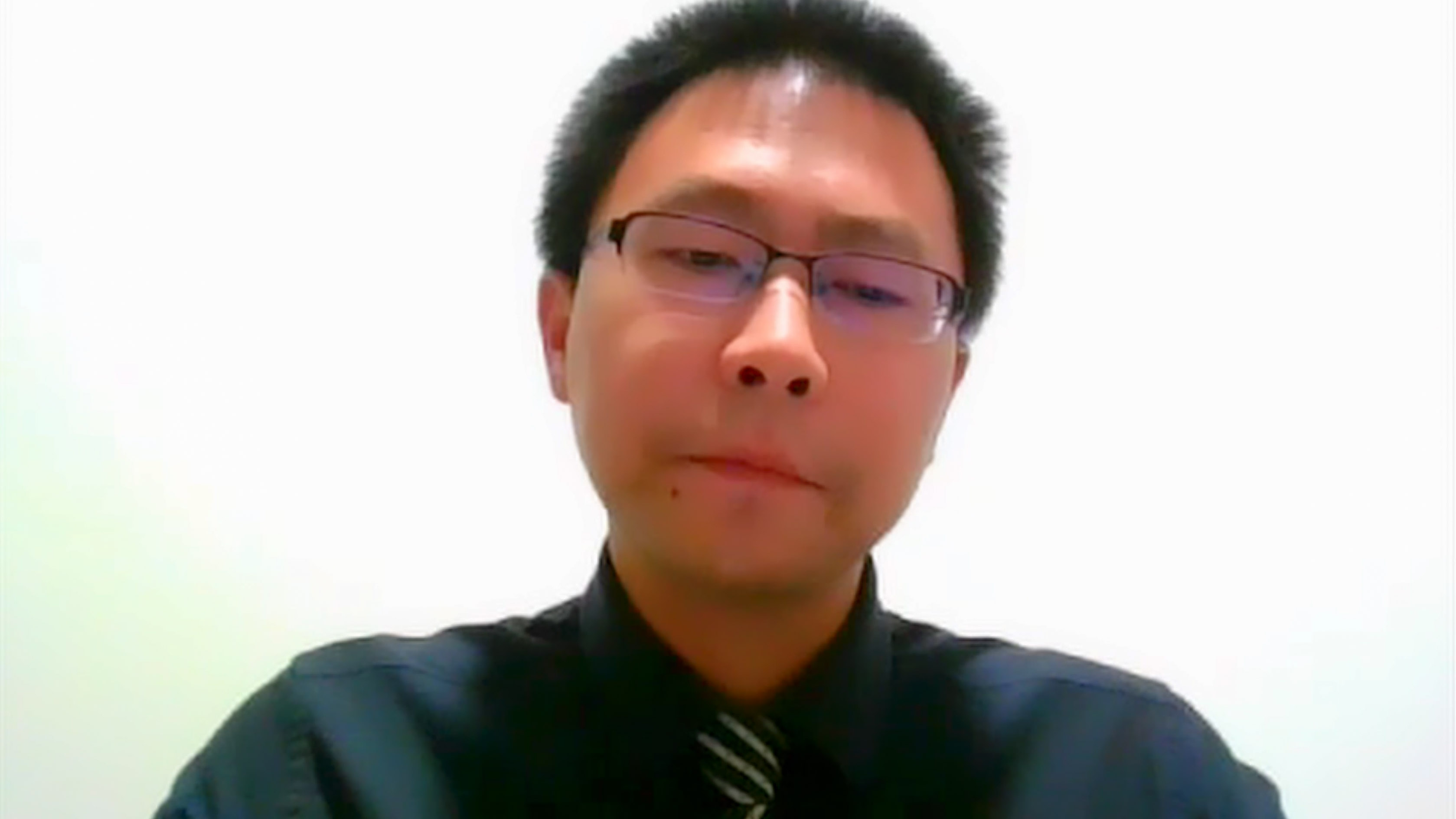
COVID Update: Chinese Auto Market
Current General Manager, Procurement and Supply Chain, SAIC General Motors Corporation
inpractise.com/articles/covid-china-march
Why is this interview interesting?
- Update on the business and environment in China for March as the region begins to reduce COVID lockdown restrictions
Liang Zhou
Current General Manager, Procurement and Supply Chain, SAIC General Motors Corporation
Interview Transcript
In terms of the coronavirus, from January to February, are consumers now willing to spend on cars? I know you said it’s going to increase in March, but are consumers delaying this expenditure, or do you see them coming back to normal? Was this, really, just a temporary blip for coronavirus?
Actually, I think the current situation will, gradually, come back to normal. Why I say this is because, especially in February, most of the people are not able to go outside. Which means that they have to stay at home. As they are not able to go anywhere, such as dealerships, that’s why the volume is quite low, compared to the previous year or compared to the previous months, such as January.
But now, we have seen a strong control on the spreading of the virus and now most of the cities and provinces, they have almost zero increase daily. That’s why I say it will gradually return to normal. But in the meantime, I couldn’t say that there will be a structural change in the consumption. For example, I couldn’t say, that because of this virus, people want to buy a new car. Especially for many of the smaller and medium enterprises, due to the coronavirus, their performance and their operation was greatly affected. This means that their daily and monthly income of the workers or management, they certainly have not had an increase, but may have had a decrease in their income. That’s why there is not such a high demand for buying of cars, because of lowering income.
They are just returning back to normal. Some families, before the Chinese New Year, they were preparing to buy a new car. But due to the virus, they postponed their plan, to March and maybe to April.
Could you just explain the environment in China? You mentioned that people are willing to go back outside, willing to act more normally. What is the situation if you want to go into a shopping mall? Do you have to be tested? What’s the situation like, to that extent?
Actually, whenever the Chinese people go to public places, such as going to parks or go to the train station or the shopping mall or some other public place, there is always temperature testing, especially their body temperature. Whenever they discover that their body temperature is higher than normal, they are not allowed to go into the public place, such as to go on a train or take a plane or go to the shopping mall or go to the dealership. This is a counter-control. The people, actually, will take their body temperature at home. They will put some kind of software in their smartphone, to tell the administration of public health. This is also some kind of control and anti-virus controls.
The government distributed all these tests to both families and also public places, to contain the virus?
Yes, you are right. We test our body temperature twice or three times a day and we will also make a record, each day, and we will submit this record to the public health office.
Copyright Notice
This document may not be reproduced, distributed, or transmitted in any form or by any means including resale of any part, unauthorised distribution to a third party or other electronic methods, without the prior written permission of IP 1 Ltd.
IP 1 Ltd, trading as In Practise (herein referred to as "IP") is a company registered in England and Wales and is not a registered investment advisor or broker-dealer, and is not licensed nor qualified to provide investment advice.
In Practise reserves all copyright, intellectual and other property rights in the Content. The information published in this transcript (“Content”) is for information purposes only and should not be used as the sole basis for making any investment decision. Information provided by IP is to be used as an educational tool and nothing in this Content shall be construed as an offer, recommendation or solicitation regarding any financial product, service or management of investments or securities.
© 2026 IP 1 Ltd. All rights reserved.


